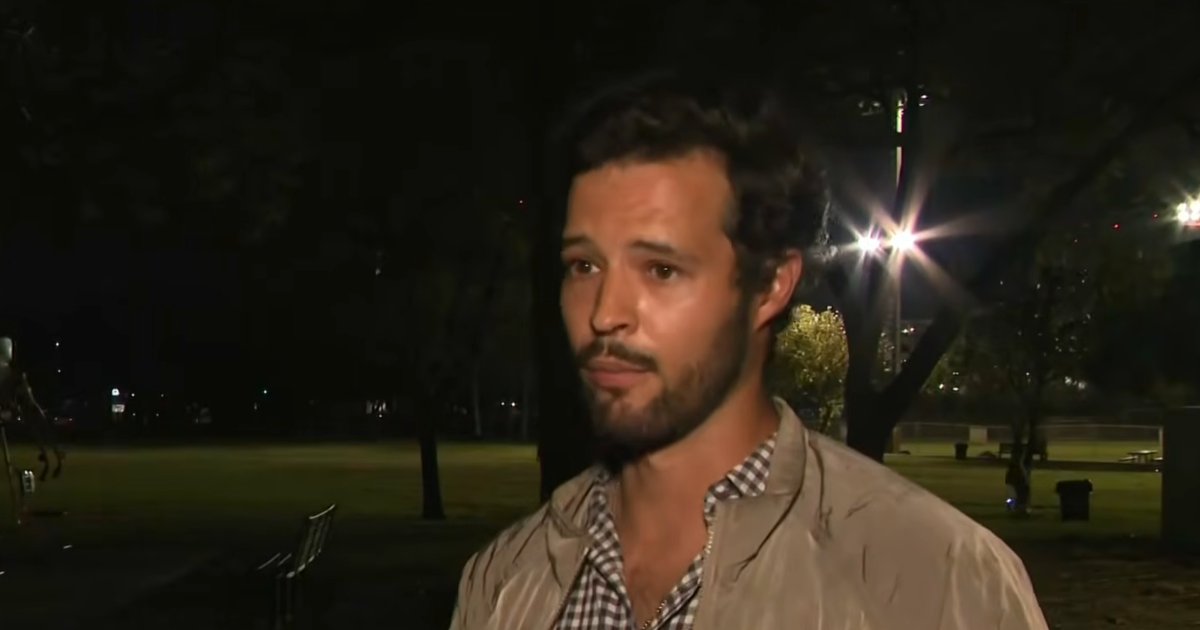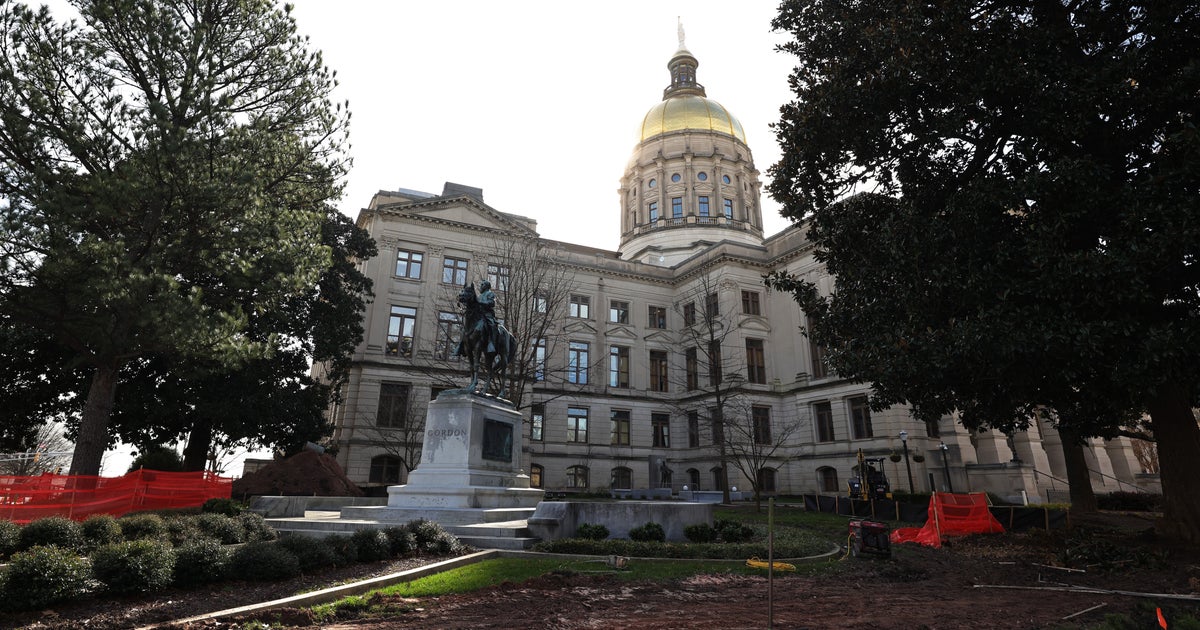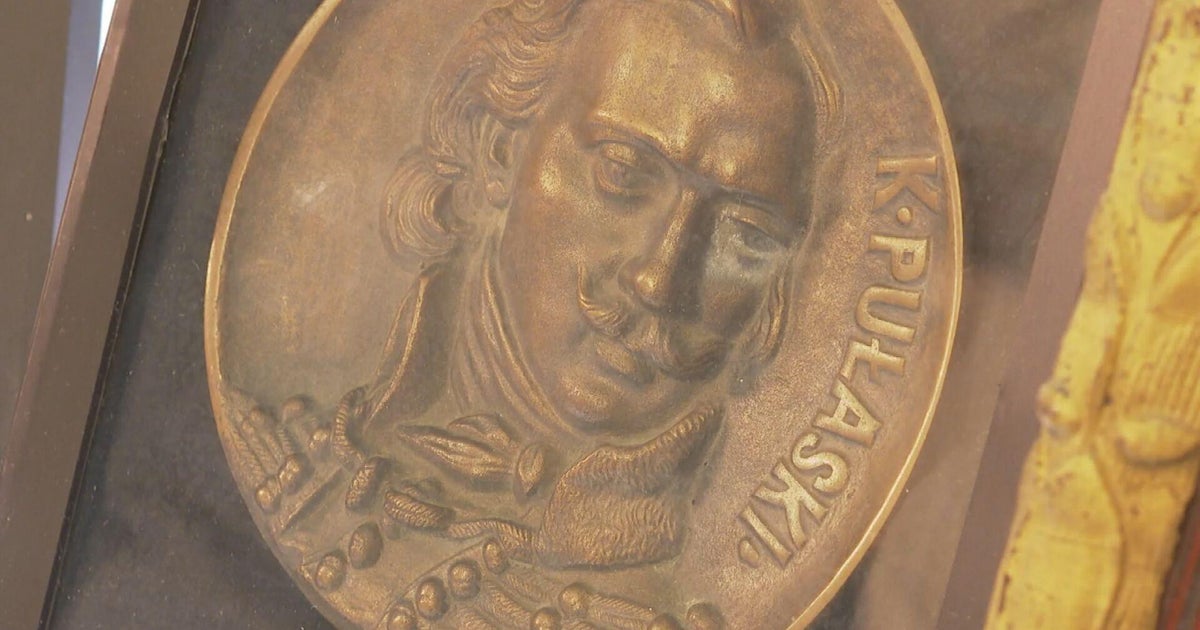Tribe Goes To Court Amid Gambling Talks
Follow CBSMIAMI.COM: Facebook | Twitter
TALLAHASSEE (NSF) – The Seminole Tribe of Florida sued the state Monday, setting in motion what could be a protracted legal fight over the tribe's exclusive rights to offer "banked" card games like blackjack at most of its casinos.
The lawsuit, filed in federal court in Tallahassee, comes even as the Seminoles for the first time said they have made "significant progress" in negotiations with Gov. Rick Scott's office and legislative leaders toward a deal that sources close to the talks say could allow the tribe to add craps and roulette.
The exclusive rights to the banked card games expired July 31, and a 90-day grace period ends Thursday. The lawsuit accuses the state of acting in "bad faith" --- a legal "term of art," according to the tribe's lawyer, Barry Richard --- and asks a federal judge to allow the Seminoles to keep offering the games. The Seminoles are also asking for mediation to try to work out another deal.
Tribal leaders have been meeting with Scott's general counsel, Tim Cerio, and Republican House and Senate leaders for weeks, hoping to expand on a 20-year agreement signed in 2010, called a "compact," that authorized the tribe's slot-machine and table-game operations. A provision of the deal gave the Seminoles exclusive rights to operate banked card games for five years in exchange for a minimum payment of $1 billion. While that portion of the compact expired this summer, the compact gave the tribe 90 additional days to shut down the games.
The Seminoles have said they do not intend to stop running the games, even after the Oct. 29 deadline.
"We are continuing the card games, but in order to do that, we thought that it was only appropriate that we start the process in court and find out," Richard told The News Service of Florida on Monday. "The court will say if it's OK or no. Or the state and the tribe will reach an agreement that will render it moot. This is not an in-your-face or anything. We're not saying to the Legislature we're doing this because we haven't negotiated a deal. It's completely separate."
A Scott spokeswoman said the governor's office did not have a comment Monday on the lawsuit and the tribe's intention of continuing to offer banked card games.
The lawsuit alleges that the state failed to negotiate in good faith by demanding that the tribe agree to modifications of other portions of the compact "to substantially increase the tribe's payments to the state."
Under the current talks, the Seminoles would pay the state at least $3 billion over seven years in exchange for exclusive rights to roulette and craps, according to sources close to the negotiations. A Palm Beach County dog track could have slot machines, a new gambling operation in Miami-Dade County could start up with slot machines, and dog tracks could stop racing greyhounds while retaining lucrative card rooms.
The lawsuit also alleges that the state breached the compact by allowing pari-mutuel facilities to offer what are known as "player-banked" card games in which "the bank" is another player instead of "the house." The tribe contends that allowing such games violated its rights to exclusivity in operating banked card games, which typically involve players betting against the house instead of each other.
Even if the state and the tribe reach agreement on the parameters of a new compact, getting the requisite blessing of the Legislature could be tough.
Any agreement would have to include some perks for the state's pari-mutuel industry in order to get the political support necessary for a bill authorizing the compact to pass. But loading too many elements into the legislation could kill it.
Rep. Jose Felix Diaz, a Miami-Dade Republican and the House's chief negotiator on the deal, has likened the complicated gambling deal to a "Rubik's cube."
The tribe "remains hopeful that a positive outcome will result" and "believes that a legislative solution would be in the best interest" of everyone, the Seminoles said in a statement Monday --- their first public comments on the ongoing negotiations.
The tribe filed the suit as part of a dispute resolution process included in the compact and also laid out in the federal Indian Gaming Regulatory Act, the statement said.
"The tribe has no option but to file in order to protect its interests and those of the 3,100 employees and their families whose jobs are in jeopardy," the statement said.
The News Service of Florida's Dara Kam contributed to this report.







